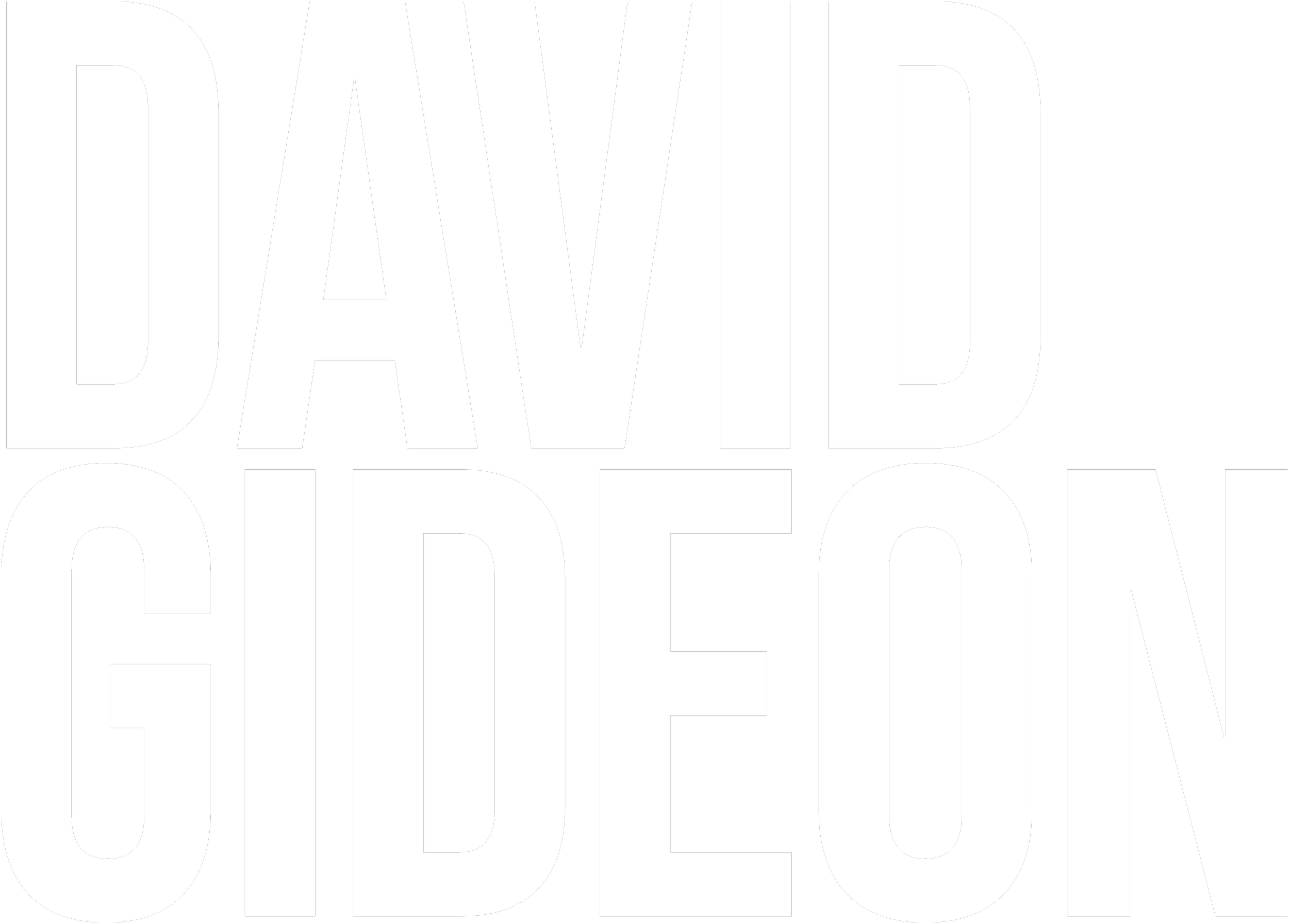“I become my character”! That’s something that I have heard attributed to Method Actors for as long as I can remember. Certainly, I heard this long before I began studying with Lee Strasberg. There’s plenty of anecdotal evidence to support this kind of thinking, and the popular press loves to report it. We hear stories of actors who insist on being called their characters names, day and night, even off the set or out of the theatre. Some actors tell tales of “losing themselves in the characters”, and others report that “it becomes so real that I forget who I am”, or “even when I’m with my family and friends I can’t stop being who I am in this film (or play)”. And again, reporters love to call this “real Method Acting”.
In researching and getting ready to play a role, many actors transform to a large degree along the lines of their characters. When Robert DeNiro portrayed Jake LaMotta in Raging Bull, he trained and got his body in shape to look like a prize-fighter. He learned to box and sparred with boxers. He learned all that he could learn about Jake LaMotta, and had the added benefit of having the real Mr. LaMotta as a consultant on the project. However, I’m sure he wouldn’t have wanted to get in the ring with a real, professional boxer to test out his skills. Just as Mr. DeNiro has honed his acting skills, so the legions of professional boxers who earn their living in the ring have honed their boxing skills. It wouldn’t be a fair match. Look no further than Mickey Rourke’s prize fighting record (written on his face) if you need proof of this. Furthermore, the real Mr. LaMotta was on the set and no one got confused as to who was who.
Acting is a craft, not a metaphysical, magical, mystical transformation into becoming another human being. When the need to transform physically is required, we can change our eating and exercising regimes to help bring ourselves close to our characters. When our characters move differently or talk differently than we do, we have to study and practice their movements, accents and dialects. We can even take on some of the personality traits of the people we play, although this last one is sometimes written into the script for us. If I have to mistreat someone in a play, the script demands this of me. It rarely, if ever, tells me how I have to respond to my own behavior. So where did this notion of “becoming one’s character” come from?
I know I’m beginning to sound like a broken record, but repetition and practice is the answer. This time it’s a bit of the mirror image of the need to practice. Assuming that we put in the time and effort to study and create out characters, the end product becomes easier and easier to achieve. The transition becomes seamless and requires less effort. This doesn’t mean that we can take the process for granted and assume that our characters will “just be there for us”. We still need to get to the theatre or the set early enough to prepare. We need to get into wardrobe and makeup and character.
When there’s a scene change, I run into the wings and change wardrobe and, sometimes, even makeup. I am the one that runs into the wings and puts on a whole new time frame and set of circumstances. I do that and not my character. Even if I stay in character when I do all that, it is an act of actor’s craft and not character’s behavior.
The same is true on a film set. Perhaps even more so. In a medium that has a great deal of waiting built into the process, there would be little or nothing left when the directors yells, “action”, if I spent my time in character while the crew is preparing the setup. This is not meant to put down or denigrate those actors who go about things this way. There have been too many fine performances from actors who approach things this way. Rather, it is meant to point out that this isn’t necessary in a properly trained actor. And it definitely isn’t Method in spite of an uninformed press calling it that.
So, please give me the opportunity to play “King Lear” and I will definitely answer to that name from the moment I get into character until the curtain rings down. However, I will take my curtain call as myself, because I’m the one who created the character and had a lot of fun doing it. And I, David Gideon, will still have to take the trash out at home.
